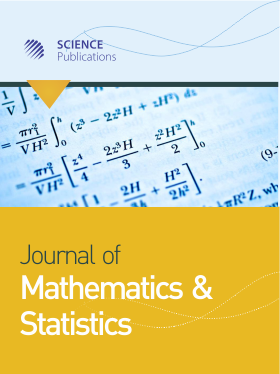The Efficiency of Seven-Variable Box-Behnken Experimental Design with Varying Center Runs on Full and Reduced Model Types
- 1 Department of Mathematics and Statistics, University of Port Harcourt, Nigeria
Abstract
Response Surface Methodology is widely used in the optimization of industrial processes and products that depend on several experimental variables. One of the most tested and efficient second-order Response Surface Methodology designs is the Box-Behnken Design. This research explores the efficiency of a seven-variable Box-Behnken design with varying center runs, on full and reduced quadratic models. Backward Elimination and Forward Selection techniques are employed as the variable selection techniques for obtaining the reduced models, based on the Akaike Information Criterion. Fit Statistics and Design Efficiency values are obtained for the reduced models and are compared with those of the full model. Generally, results show that the reduced quadratic models perform best under one center-point run, thereby making the reduced models the most preferred in terms of the model fit and D-efficiency. Comparative analysis, based on G-efficiency, reveals that the full quadratic model performs better than the reduced models under one center-point Box-Behnken design.
DOI: https://doi.org/10.3844/jmssp.2022.196.207

- 2,523 Views
- 2,038 Downloads
- 15 Citations
Download
Keywords
- Response Surface Methodology
- Box-Behnken Design
- Variable Selection Techniques
- Model Selection Criteria
- Fit Statistics
- D-Efficiency
- G-Efficiency
